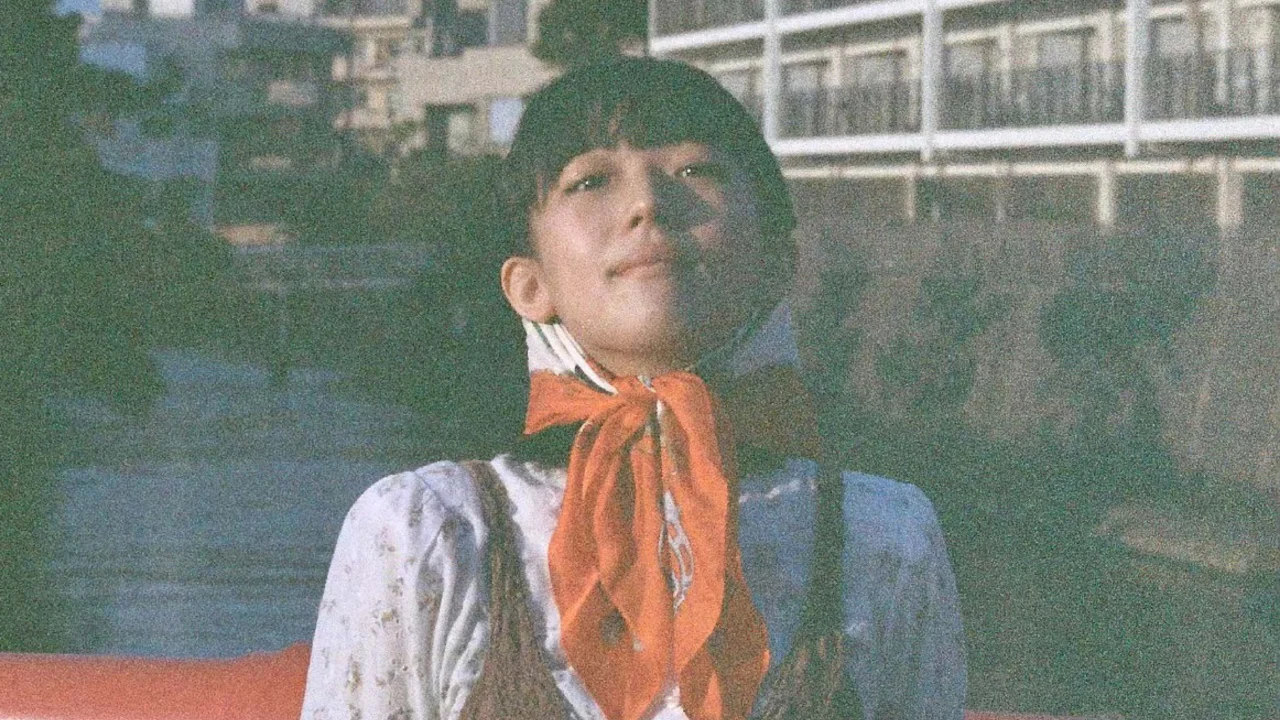INDEX
The Futility of Hosting an Event Just to Showcase Personal Ideologies
Does the designation of this event as an ‘Exchange of Expression Market’ also imply sharing each person’s life experiences in a fair and equitable manner?
Kato: Yes, that’s right. For example, when organizing such an event, it often ends up that the initiator becomes the center of attention, and most of the benefits go to that person. I don’t resonate with that kind of system. If we’re combining everyone’s efforts, then the benefits should be fair, and that’s the kind of space I wanted to create, a thought I had right after “YOUR NAME.”
But then we entered the COVID-19 pandemic, and the sense of needing to assert my own principles or ideology seemed less relevant. Many people felt this during the pandemic: while everyone has their own life and important beliefs, the priority shifted to protecting one’s own life and the lives of those around them, which were constantly at risk. In such a society, organizing an event solely to express personal policies or ideologies began to seem nonsensical to me. It felt like a waste to insist on ‘doing it DIY!’ when the situation demanded more immediate concerns.

Facing a societal system that has long since failed, I also deeply felt that now is the time to create a new unity based on the connections between individuals.
Kato: That’s right. So, rather than creating a space to fulfill themes or ideologies I set up selfishly, I wanted a place where each person present could organically intersect as individuals and ultimately create a unified meaning or expression. This reflects a core belief of mine: that every individual’s footprint is a form of expression.
While I agree that individual daily activities constitute ‘expression,’ in what situations did you personally feel this?
Kato: Spending time in my hometown of Tomakomai during the pandemic was significant. From the start of my band, I never had the desire to ‘make it big in Tokyo,’ but I was often active in Tokyo while keeping my base in Tomakomai. I had some reactions to my expression from both Tokyo and Tomakomai, but I started to feel a gap in how my expression was received in both places. Both seemed disconnected, and I felt like a bat—neither bird nor beast—caught in an ambiguous state.
However, when I was forced to spend time in Tomakomai during the pandemic, I experienced a sense of merging where my musical expression, the reception in Tomakomai, the local situation, the state of Tokyo, and the understanding there all blended together. In essence, the boundary between what I wanted to express as a musician and my daily life in Tomakomai began to dissolve. I came to believe that both were valid expressions of myself.

Kato: Last year, I was working on an album for SADFRANK (my solo project) with the idea of distancing myself and drifting in a vast universe to find my true self. However, when I finished the album, I saw aspects of myself that continued to emerge despite my attempts to distance myself. Since then, I’ve thought that perhaps instead of viewing my identity as a grand, cosmic theme, it might be better to consider it as something smaller—something that changes in color and size with just a slight shift in perspective.
Kato: I believe that this journey has been an opportunity to realize the fundamental truth that minimal daily activities are each person’s form of expression, and that every place has its own culture. It’s not so obvious that the society outside of oneself is also part of ‘self.’ Yet, I feel like I had forgotten this aspect. The basic fact is that individuals live by exchanging their lives with one another. So, I thought it would be meaningful to have a place to loudly affirm this, and that’s something I wanted to achieve.
However, looking back on what I’ve done, it seems that what I once considered to be as vast as the universe actually connects to minimal answers, and that minimal things can sometimes be the largest worlds. It feels like I’ve been navigating between these extremes. But I believe that’s the essence of doing art.

Yes, expanding our options and perspectives on how we view things.
Kato: For example, a place that the local government decided to demolish because it didn’t meet their needs (the Tomakomai City Hall, which will be the venue for ‘FAHDAY’) can become an infinitely playful space with a slight change in perspective. Everything changes, but if it’s going to change, it should change for the better. In the case of Tomakomai City Hall, walking around the venue might provide hints for transformation, or considering its location within Tomakomai could be effective. Alternatively, reflecting on how the building has faded over time through my own memories might be valuable. I want to explore the concept of ‘existence’ from multiple viewpoints. I feel like this is a driving principle within me.
Information about the relocation of Tomakomai City Hall can be found here.



























